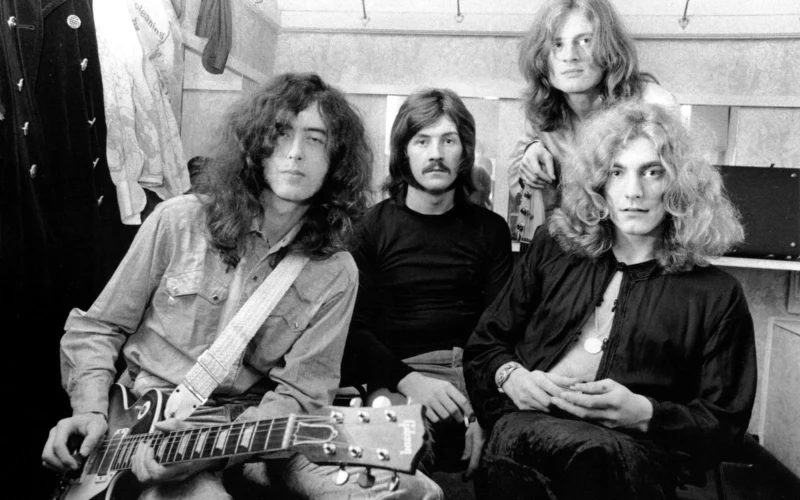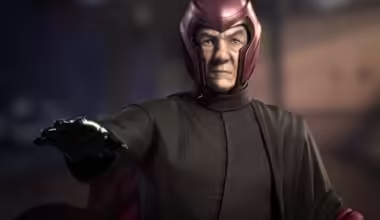As the 1960s came to an end, the British music scene only continued to expand, with new bands like Led Zeppelin cropping up and taking the industry by storm. The band emerged from the ruins of The Yardbirds, which guitarist Jimmy Page had joined in 1966. With some new additions to the lineup, they became The New Yardbirds and, eventually, Led Zeppelin, playing together for the first time in 1968.
Led Zeppelin’s self-titled debut album was released the following year, becoming an instant success. It peaked on the UK Album Charts at number six, praised for its mixture of blues-infused influences and hard rock. These days, it’s regarded as one of the most essential releases of all time, significantly aiding the development of hard rock and heavy metal.
Page was determined to accomplish what he couldn’t with The Yardbirds – a dream he certainly achieved. He had significant plans for Led Zeppelin’s debut album, telling The Guardian: “You’ve got all these layers and depths, but you still need to capture people’s attention within the first few seconds, really. So when you’ve got something like ‘Good Times Bad Times’, and you’ve got the sort of accents and the bass drum coming in and people going ‘What the hell is that?’ that’s what you want.”
The album contains songs like ‘Babe I’m Gonna Leave You’, a track adapted from the folk song initially written by Anne Bredon, and ‘Dazed and Confused’, also adapted from a folk-rock number by Jake Holmes. By mixing their original compositions with adaptations of well-established songs, which they made wholly their own, Led Zeppelin demonstrated the true capabilities of their talent.
Another popular song from the record that Page and his bandmates borrowed from another artist is ‘I Can’t Quit You Baby’, which is often regarded as one of the band’s sexiest cuts. The bluesy track was written by Willie Dixon in 1956, with Otis Rush lending his voice to the song first. Led Zeppelin’s version remains one of the greatest songs on their debut album, yet Page has since admitted that the song contains various mistakes.
It’s no secret that Page is regarded as one of the world’s greatest guitarists, but that doesn’t mean he can’t make the odd slip-up from time to time. Talking to Guitar Player in 1977, Page revealed: “There are mistakes in it, but it doesn’t make any difference. I’ll always leave the mistakes in. I can’t help it. The timing bits on the A and Bb parts are right, though it might sound wrong. The timing just sounds off. But there are some wrong notes. You’ve got to be reasonably honest about it.”
Whether you can spot these mistakes is irrelevant, as Page points out, because the song still sounds great. Revisit the track below.





